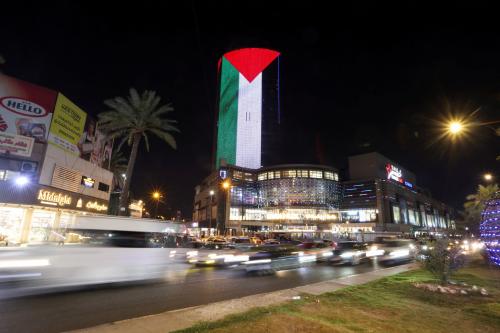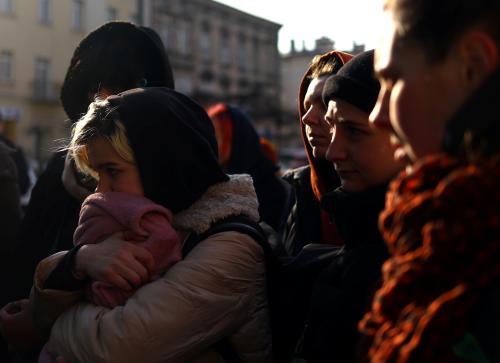Having completed its first democratic election, Iraq is teeming not just with traffic and street bazaars, but with political energy as well. And the professed willingness of some Sunni Arab leaders to help write the new constitution may compensate for the very low Sunni voter turnout in last month’s election—thereby defusing anger among that minority group and reducing the likelihood of further growth in the insurgency.
Iraq remains, however, a country with high unemployment, mediocre public services and some of the highest crime rates in the world (probably worse than the late Saddam Hussein years). The insurgency was weakened, but only somewhat, by the battle of Falluja in November and the elections. So far this month, levels of insurgent activity – measured in attacks per day, casualties of Iraqi civilians, security personnel and coalition troops, and similar indicators – have declined 20 percent to 50 percent from peak levels last fall. But the rates are, in general, still higher than they were in 2003 or the early months of 2004, despite the fact that coalition forces have been arresting or killing about 2,000 enemy fighters a month.
Iraqis remain divided in their views toward the United States. Many are grateful that the American-led coalition overthrew Saddam Hussein but resentful about much that has happened since. (The latest figures in the chart below are for January, and thus do not reflect public reaction to the Jan. 30 election.) While there is no overwhelming pressure for an immediate withdrawal of coalition forces from the public or major political leaders, surveys suggest that the Iraqis are eager to begin discussing a responsible exit strategy.
View the Op-Chart (pdf) (graphic by Amy Unikewicz)



Commentary
Op-edThe State of Iraq: An Update
February 21, 2005